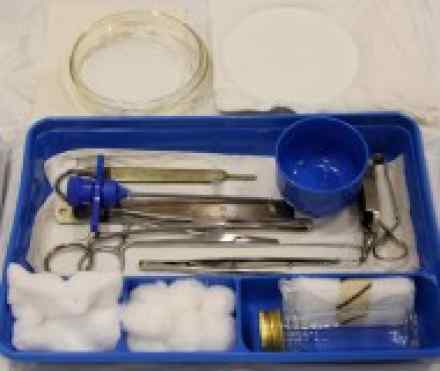How do I recognise it?
-
Bone pain, particularly in your back, pelvis, ribs and skull.
-
Presence of abnormal proteins — which can be produced by myeloma cells — in your blood or urine. These proteins — which are antibodies or parts of antibodies — are called monoclonal, or M. proteins. Often discovered during a routine exam, monoclonal proteins may indicate Multiple Myeloma, but also can indicate other conditions.
-
High level of calcium in your blood. This can occur when calcium from affected bones dissolves into your blood.
If you have a high calcium level in your blood, you may experience signs and symptoms such as:
-
Excessive thirst and urination
-
Constipation
-
Nausea
-
Loss of appetite
-
Mental confusion
Causes
Although the exact cause isn't known, doctors do know that Multiple Myeloma begins with one abnormal plasma cell in your bone marrow — the soft, blood-producing tissue that fills in the center of most of your bones. This abnormal cell then starts to multiply.
How do you treat it?
Like any disease, even if there is no cure, there is almost always something you can do to manage it and take control. There are three main areas involved in the treatment of any disease:
For information on medicines and therapies relevant to Multiple Myeloma, make an appointment at Lynch's Pharmacy, Broadale, Douglas, Cork on 021-4366923.
Learn all about the drugs used to treat Multiple Myeloma and any complementary medicines or therapies proven to help. Equip yourself with the tools to manage the condition and not be managed by it.
How do you live with it?
Certain adjustments may be needed to get on with your life, and often, some simple tips and advice can go a long way to making these changes.
When you come to a Lynch's Pharmacy Clinic, we give you all the necessary information available to make your life more manageable and allow you to better live with your condition.
References
Multiple Myeloma http://en.wikipedia.org/wiki/Multiple_myeloma
Multiple Myeloma, A comprehensive review http://www.mayoclinic.com/health/multiple-myeloma/DS00415
http://www.patient.co.uk/health/myeloma
http://www.myeloma.org.uk/what-is-myeloma/



